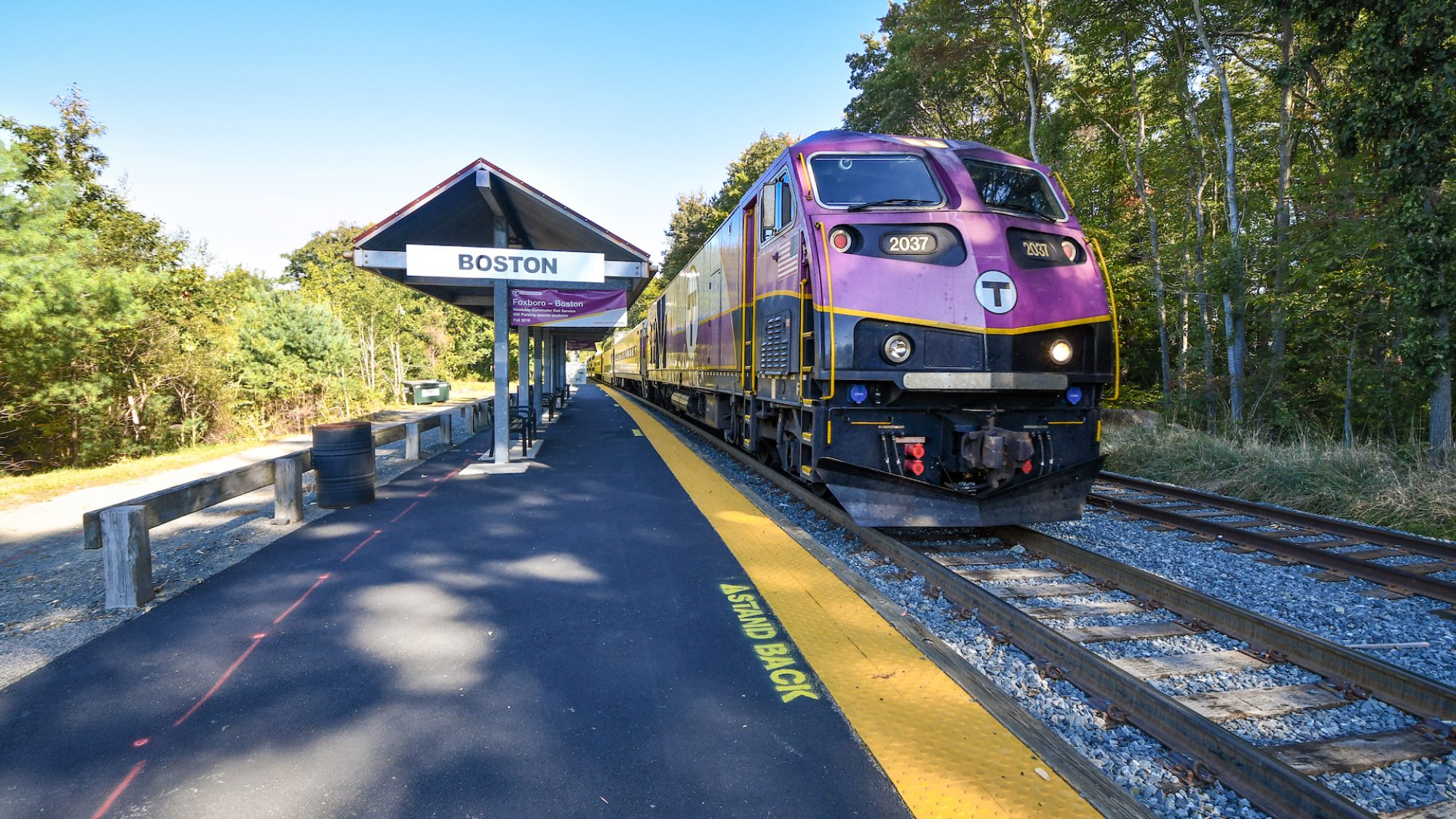A hotly anticipated ruling from the Commonwealth's Supreme Judicial Court affirms that the state government has a clear authority to sue cities and towns that insist on preserving segregationist zoning laws near MBTA stations, in violation of the state's new MBTA Communities Law.
That law, initially signed by Gov. Baker in January 2021, established new requirements for municipalities in the MBTA service area to legalize zoning for multifamily development near MBTA stations.
Over the past two years, dozens of cities and towns in the MBTA service area have reformed their local zoning laws to comply with the new law.
But a handful of holdout communities have resisted the state's mandate in an effort to preserve segregationist single-family zoning laws.
“This decision is a major victory for our efforts to increase housing across the state and lower costs," Governor Healey said in a press statement on Wednesday morning.
"The MBTA Communities Law is already a success story," Governor Healey added. "116 communities have said yes to housing and 3,000 new homes are in the pipeline – and those numbers are going to continue to grow."
However, the court ruling also found that the state also violated administrative rules when it initially rolled out its guidelines for municipalities to abide by the new law.
Because of that error, the scofflaw municipalities that have so far resisted reforming their zoning laws will get a temporary reprieve until the Healey administration re-issues its guidelines.
That reprieve likely won't last very long.
After the court's ruling came out on Wednesday morning, the Healey administration announced that it intends to file emergency regulations to satisfy the court's requirements by the end of this week.
Those new regulations will be effective immediately upon filing.
Decision puts Milton on notice
Voters in the Town of Milton, a high-income suburb of Boston which hosts four MBTA light rail stations along the Mattapan High Speed Line, narrowly rejected zoning reforms in a special election on February 13, 2023.
A few weeks later, Attorney General Andrea Campbell filed a lawsuit against Milton for flouting state law.
Wednesday's court ruling makes it clear that Milton and other non-compliant towns can expect expensive lawsuits after the state files its updated rules later this week.
"The Attorney General has the power to bring suit for declaratory and injunctive relief to enforce Section 3A (popularly known as the MBTA Communities Law) and its corresponding guidelines," the Supreme Judicial Court wrote in its ruling.
“Exclusionary zoning policies that inhibit multi-family housing production suppress the Commonwealth’s housing supply and ensure that low-income residents and people of color have few affordable options," said Jacob Love, Senior Staff Attorney at Lawyers for Civil Rights, which had filed a brief to the court in support of the Attorney General's position. "Today’s ruling will help break down those barriers.”






